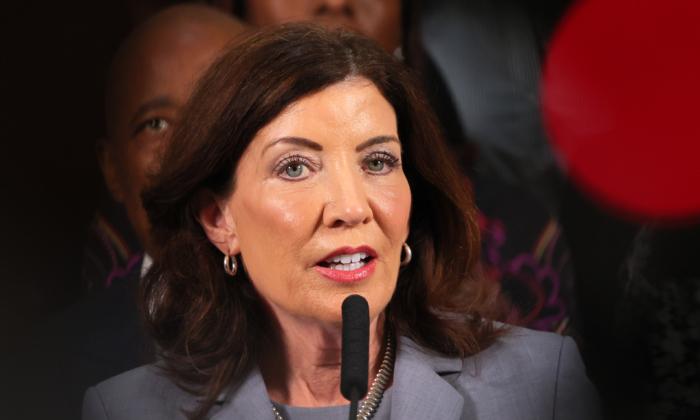Cryptocurrency exchange Bittrex filed for bankruptcy protection three weeks after the Securities and Exchange Commission (SEC) accused it of operating an unregistered securities exchange for years.
Court filings also show that related entities Desolation Holdings LLC, Bittrex Malta Holdings Ltd., and Bittrex Malta Ltd. had also filed for bankruptcy.
The exchange’s U.S. branch had already laid off 83 employees in February.
Several companies in the crypto industry have filed for bankruptcy over the past year, led by falling asset prices, increased regulatory crackdowns, and criminal charges in the case of the failed crypto exchange giant FTX.
Despite the impending shutdown of its American operations, the SEC decided to sue Bittrex in federal court in mid-April for allegedly violating regulations from 2017 through 2022, which was immediately denied at the time.Another Crypto Exchange Winds Down Its Operations
Bittrex said that it was still holding crypto assets of American customers who failed to withdraw their funds before the end of April deadline.
The company declared those assets “safe and secure” and that it intended to ask the bankruptcy court for a limited reopening of customer accounts so that the remaining funds could be returned to customers.
According to court documents, Evan Hengel, Bitrrex’s co-chief restructuring officer, promised customers a “100 percent like-kind cryptocurrency distribution” under its liquidation plan that would enable them to access the platform to withdraw their crypto assets.
The company “faced an untenable regulatory and economic environment” given “the lack of regulatory clarity in the U.S. [which] created a substantial negative economic impact on the digital asset industry and resulted in overlapping regulatory burdens and soaring regulatory costs,” according to Hengel.
SEC Continues to Pursue Its Crackdown on Electronic Currency Sector
The crypto exchange denied those allegations, saying that none of the digital assets on its platform were either securities or investment contracts.
“Bittrex was an entirely separate legal entity and only provided services in the U.S. and only served U.S. customers. And they’re the ones that have had to shut down their operations … Global continues on providing the services to rest-of-world clients as it ever has,” he said.
However, the latest bankruptcy proceedings may make the parent company’s fight more difficult.
Meanwhile, Bittrex had previously agreed to pay $24 million and $29 million, respectively, in a separate dispute with the U.S. Treasury Department’s Office of Foreign Assets Control (OFAC) and Financial Crimes Enforcement Network (FinCEN) for “apparent violations” of sanctions on certain countries and breaking anti-money-laundering laws.
The exchange was accused of not preventing individuals located in the sanctioned jurisdictions of Cuba, Iran, Sudan, Syria, and the disputed region of Crimea from using its platform between March 2014 and December 2017, according to the OFAC.Bittrex’s court filing listed OFAC as its largest unsecured creditor, with more than $24 million owed to the Treasury Department.
Other major creditors listed were mostly customers of the crypto exchange, with 16 unnamed entities maintaining at least $1 million in their accounts.
Bittrex’s largest remaining customer account has $14.6 million in assets, according to the bankruptcy documents.
European Union Passes Crypto Regulations
The European Union’s Markets in Crypto Assets (MiCA) legislation will apply to its 27 member states, along with the three additional states of Liechtenstein, Norway, and Iceland, which are within the European Economic Area.
The new rules sets out requirements for crypto-service providers and issuers that must be implemented on a national level.
In addition to the European Union, cities and nations from Dubai to Hong Kong are looking to supervise the industry in a more methodical way, said Linch.
“What we’re seeing is a growing realization that the most successful regulatory regimes are ones that have created a framework for crypto on a bespoke basis,” Linch added.
“Now, that’s why we’re regulated in Liechtenstein, in Bermuda, because what those jurisdictions did really early on is really get to grips with crypto, what the product is, what services, what the risks are, and say to people, ‘OK, well, we can identify and manage. Here’s how you do it safely.’”
He said that years of experience as a financial regulatory lawyer in the Unite Kingdom taught him that agencies formulating their own regulation negatively stretch the boundaries of their legal authority.
“Ultimately, this is for Congress to sort. If it wants to set up a regulatory regime, set up a regulatory regime,” he said in reference to the SEC.





